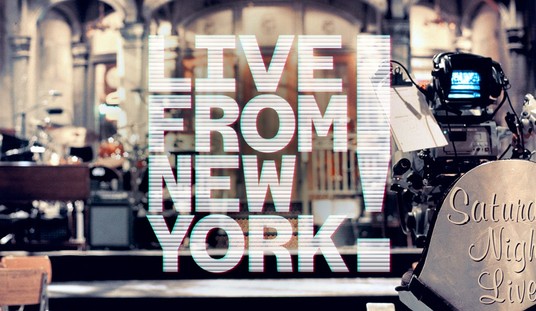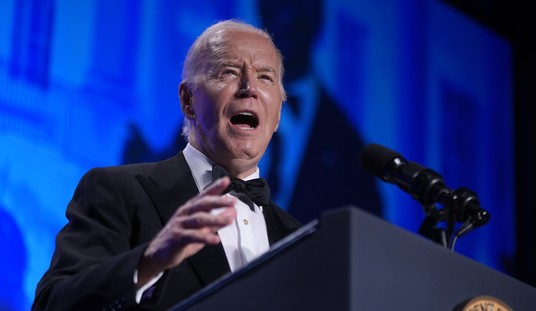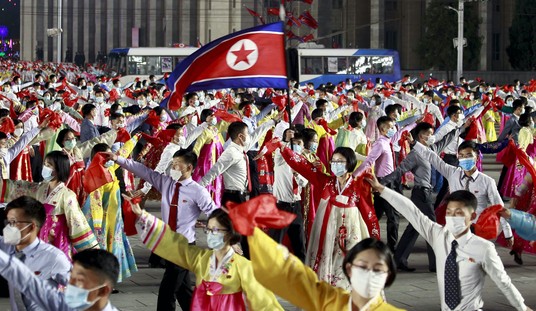
West Virginia will most likely be the next Right to Work state, and opponents of this worker freedom legislation will stop at nothing to mischaracterize the law and its history.
West Virginia legislative leadership have made a commitment to giving workers freedom over their hard-earned money and making the state more appealing to manufacturers. They’re doing this by proposing Right to Work (RTW) legislation.
While West Virginia’s workers don’t have to join a union as a condition of employment, they are forced to pay representation fees to unions. These fees cover the cost of negotiations, grievance representation, and contract administration. RTW would allow non-union workers to keep more of their money.
Unions obviously don’t like this. According to the Bureau of Labor Statistics, union membership decreased from 13.8 percent in 2011 to 10.6 percent in 2014. Loss in membership sometimes means loss of union dues. Yet, in some businesses you can be a non-union worker and still have to pay dues.
Unions call workers who support RTW “freeloaders,” trying to get free representation without putting in the same effort as union members. No one asks the question whether these same non-union workers asked for this representation. They didn’t; the only choices they had were to pay the union or not take the job. Unions don’t have to represent all workers, yet they do whether the workers want them to or not.
Unions also point out that fees from non-union workers are not used for political purposes. That’s true, though these non-union fees allow unions to use more of their member dues for political communications. A group of unions led by the WV AFL-CIO formed the political action committee Honest West Virginians in 2014 and spent over $800,000 trying to protect the House of Delegates and state Senate from a Republican takeover. They spent more than any other group that year, but Republicans took the statehouse for the first time in 83 years.
Unions also fund left-wing think tanks who work double-time to discredit RTW legislation. One such think tank, the West Virginia Center for Budget and Policy, is funded in part by the West Virginia AFL-CIO, SEIU 1199, the Affiliated Construction Trades Council, the Communications Workers of America, AFT-WV, and the WVEA.
The West Virginia Center for Budget and Policy has an added incentive for trying to discredit Right to Work legislation: their think tank is running in the red. According to their 2014 IRS 990 report, the WVCBP took in $169,752 and their expenses were $208,407, resulting in a deficit of $38,655. If RTW passes, unions will need to keep more of their money and won’t be able to donate to left-wing groups like the WVCBP.
Rick Wilson, a past member of the WVCBP board, recently penned an editorial in the Charleston Gazette-Mail trying to link the modern Right to Work movement to a obscure white supremacist who died in in the late 1940s and is little known outside Texas. Nevermind that RTW comes from the Taft-Hartley Act passed in 1947 and drafted by Cincinnati attorney James Swigert, a man who was largely respected by his community and profession.
At a recent legislative interim meeting on RTW, WVCBP Executive Director Ted Boettner tried to discredit the work of a new RTW study by West Virginia University. He has to, as the new study blows holes in liberal orthodoxy regarding RTW. According to WVU’s Bureau of Business and Economic Research, Right to Work laws result in .4 percent employment growth and .5 percent GDP growth over non-RTW states.
There is also broad support among voters for a Right to Work law. According to results from the MetroNews West Virginia Poll released in September, 60 percent of likely voters would support RTW. Another poll released last month by Norman Analytics and Research on behalf of the West Virginia Workplace Freedom Coalition showed 57 percent of likely voters polled supporting RTW.
Of those polled by Norman Analytics, 77 percent of independents and 61 percent of Republicans support RTW. These two voting blocks have seen their party registration numbers increase, while state Democratic Party registration has decreased by 11.2 percent over the last five years. Clearly, if union leaders and leftist activists think legislators will get cold feet with RTW in an election year because of public backlash, these polls numbers show the public is not on their side.
Despite the scare tactics of entrenched union leaders and biased left-wing think tanks, Right to Work laws are good for workers, good for the economy, and supported by the public at large.













Join the conversation as a VIP Member